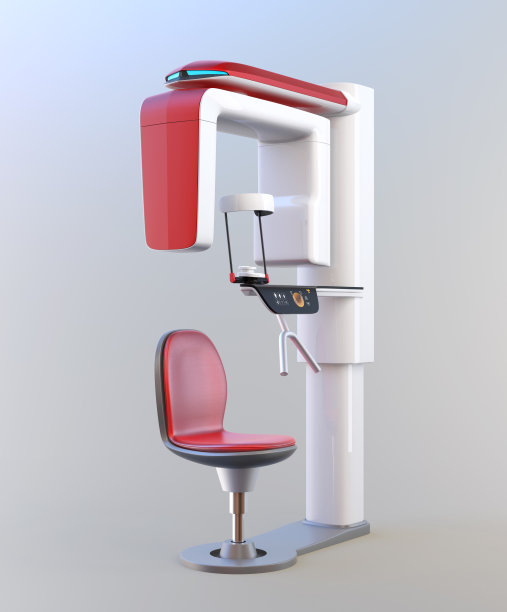Important Precautions to Consider Before and After Getting a Dental Filling for Optimal Oral Health
Summary: Dental fillings are a common solution for cavities, but proper care before and after the procedure is crucial for maintaining optimal oral health. This article explores key precautions, including pre-appointment considerations, understanding the type of filling material, post-procedure care, and the importance of regular dental check-ups. By adhering to these guidelines, patients can ensure a smoother recovery and a longer lifespan for their dental fillings. The following sections detail these important aspects to help you achieve and maintain robust dental health.
1. Pre-Appointment Considerations for Fillings

Before undergoing a dental filling procedure, its essential to prepare adequately. This includes informing your dentist about your complete medical history, particularly any allergies or medications you are currently taking. Certain medications, such as blood thinners, can have implications for the procedure and need to be managed properly prior to your appointment.
Another crucial pre-appointment consideration is the importance of maintaining oral hygiene leading up to the filling. Keeping your mouth clean can minimize the risk of infection during the procedure. Brushing and flossing diligently will help remove any food particles or plaque that could complicate the filling process.
Lastly, consider scheduling your appointment at a time when you can relax afterward. Dental fillings often require local anesthesia, which can affect your ability to drive or engage in regular activities immediately after the appointment. Planning for post-appointment rest can make your recovery smoother.
2. Understanding Filling Materials
Various filling materials exist, and understanding them can help you make informed decisions about your dental health. The most common materials include amalgam, composite resin, glass ionomer, and porcelain. Each material has unique advantages in terms of durability, aesthetic appeal, and suitability for different locations in the mouth.
Discussing these materials with your dentist can provide insights into which option is best for your individual needs. For instance, composite resin is often used for front teeth due to its tooth-like appearance, while amalgam is commonly chosen for back teeth because of its strength. Understanding these distinctions can influence your choice.
Its also crucial to consider the longevity and maintenance of the chosen material. Some fillings may require replacement after several years, while others might last for decades. This knowledge can help you manage your long-term oral health strategy effectively.
3. Post-Procedure Care for Fillings
After getting a dental filling, specific care is necessary to ensure proper healing. It鈥檚 advisable to refrain from eating until the anesthesia has worn off completely. Eating too soon could lead to biting your cheek or tongue, causing unnecessary discomfort.
For the next few days, be cautious when consuming hot or cold foods, as newly filled teeth can be sensitive. Opt for soft foods and avoid sugary items, which can aggravate sensitivity and impact the healing process.
Maintaining good oral hygiene remains vital post-filling. Continue to brush and floss carefully, but be mindful around the filled area to avoid damaging the new filling. If you experience persistent discomfort or sensitivity, contact your dentist as it may indicate an issue that needs addressing.
4. Importance of Regular Dental Check-Ups
Regular dental check-ups play an essential role in maintaining optimal oral health after receiving a filling. These visits allow your dentist to monitor the condition of the filling, ensuring it remains intact and free from decay or damage.
Additionally, check-ups can help identify any emerging dental issues before they escalate. Catching problems early can save you from larger treatments down the line, thereby preserving both your dental filling and your overall oral health.
Lastly, your dentist can provide tailored advice on how to care for your filling and prevent further decay in your teeth. Educating yourself based on professional recommendations will empower you to take charge of your dental health and make informed choices in the future.
Summary:
In conclusion, taking precautions before and after getting a dental filling is crucial for ensuring optimal oral health. By understanding your filling options, preparing adequately for your appointment, practicing diligent post-procedure care, and attending regular dental check-ups, you lay a solid foundation for a healthy smile.
This article is compiled by Vickong Dental and the content is for reference only.



